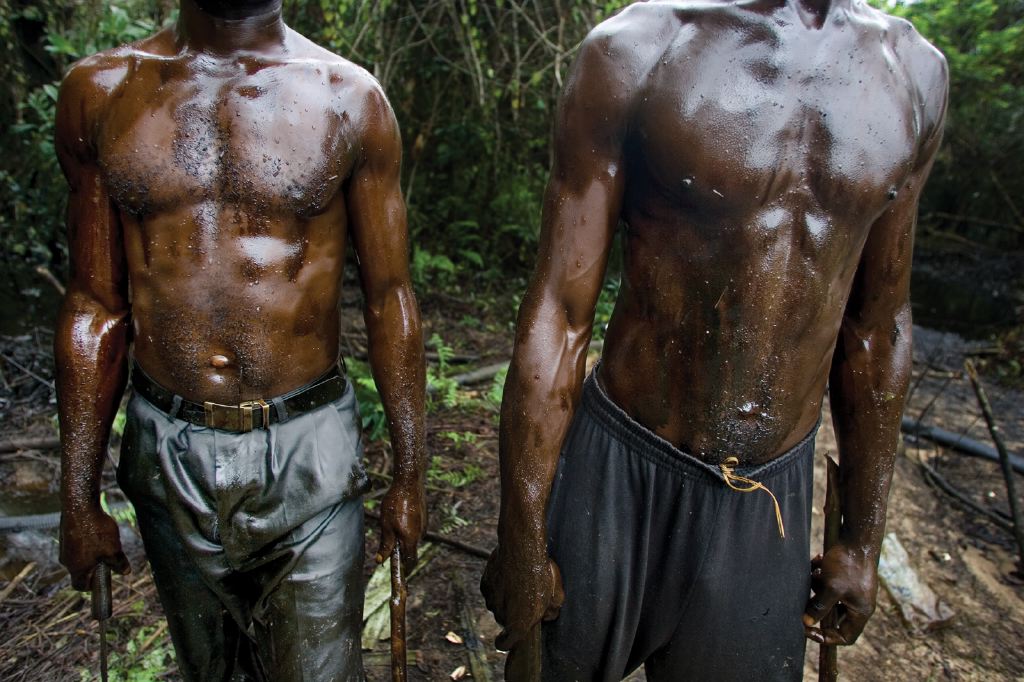Not that it was actually a problem or even a potentially impending problem, but Oklahoma’s voters decided Tuesday to be really proactive and ban Sharia law (or its application or legal citation of it) in the state. There are maybe 15,000 Muslims in the state right now, and as Saleem Quraishi, the President of the American Muslim Association of Oklahoma City, put it, “What’s Sharia law have to do with Oklahoma?”
Nevertheless, freaked-out right-wing Christian legislators wrote up a ballot question on it this year, asking voters to “amend a state constitution section dealing with the state courts, making them ‘rely on federal and state law when deciding cases, forbidding them ‘from considering or using international law’ and ‘from considering or using Sharia Law,'” according to CNN. International law being referenced in the courts has been a boogeyman of the past twenty years after a few Supreme Court cases made passing comparisons to European case law and statutes on issues such as the death penalty for minors, but with Islamophobia reach a fevered pitch in recent years, “Sharia law” as it is only vaguely understood has become the most well-known subcategory of laws from outside ‘MURICA.
Newt Gingrich and others have recently grandstanded about their opposition to attempted imposition of Sharia law in the United States, as if it were in the process of happening here already. It’s not. Former CIA Director James Woolsey of Oklahoma campaigned for the message saying in a radio ad:
“We must realize there is a major campaign in Europe to impose Sharia law and Sharia is beginning to be cited in a few U.S courts. It is completely incompatible with our Constitution.”
Again, basically made-up.
The other big problem is that voters have very little idea what Sharia law actually is. The ballot question just vaguely said it had to do with the Koran and Mohammed, but didn’t go into specifics. Many people think of the more extreme, medieval parts of Sharia law (e.g. stoning or flogging people), which tend only to be enforced in especially reactionary areas of the world, such as Saudi Arabia and Afghanistan under the Taliban. But there are other parts that are much more important such as special laws about business arrangements and financing — Sharia prevents making loans with interest, since the system was first developed in a zero-inflation economy that made interest automatically usurious, so there are complex workarounds for financing everything from car loans to Dubai skyscrapers — and these legal components must be followed for American businesses to operate in and partner with many predominantly Muslim countries today.
Legal experts say the ballot question, which was approved this week, thus banning Sharia in Oklahoma, is a disaster, between its business implications and its constitutional implications:
For months, legal experts had lambasted the initiative as biased toward a religion and potentially harmful to local businesses that engage in commerce with international companies. It also presents potential constitutional law problems, experts say. Is Oklahoma’s state constitution now in direct conflict with the U.S. Constitution’s First Amendment, which states, “Congress shall make no law respecting an establishment of religion … “?
There has never been a previous case in the state in which Sharia law was applied, said Rick Tepker, the first member of the University of Oklahoma School of Law faculty to try a case before the U.S. Supreme Court.
Tepker called the passage of the measure “a mess” with implications unknown until a case that challenges it arises.
“Many of us who understand the law are scratching our heads this morning, laughing so we don’t cry,” he said. “I would like to see Oklahoma politicians explain if this means that the courts can no longer consider the Ten Commandments. Isn’t that a precept of another culture and another nation? The result of this is that judges aren’t going to know when and how they can look at sources of American law that were international law in origin.”
Businesses that engage with international companies may also find the ban is a stumbling block, Tepker said.
The main sponsor of the bill admitted that there was actually no evidence to date that Sharia had many any inroads whatsoever in the state of Oklahoma. But it’s the Republican target du jour, so it had to be done, I guess.
This post originally appeared on Starboard Broadside.



